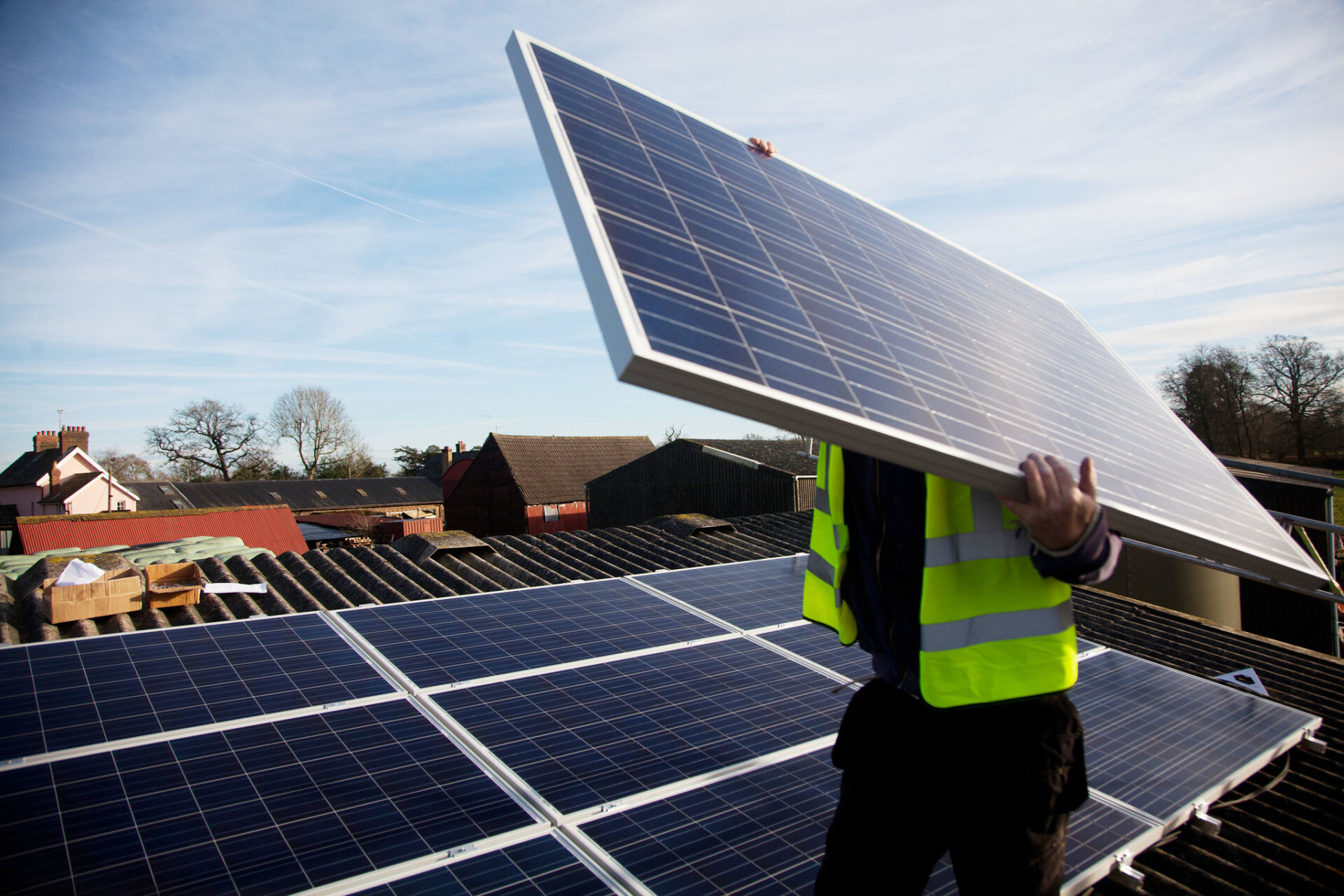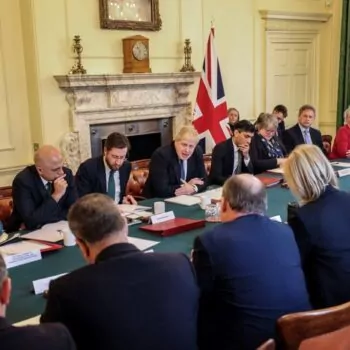Across the UK, millions of families are struggling under the weight of spiralling costs of living. Soaring energy prices are a key driver. Despite the welcome one-off support recently announced by the Chancellor, the situation is unlikely to improve in the short or medium term. Ofgem has predicted that the energy price cap will hit £2,800 in October. The underlying volatility in the price of oil and gas causing the price spike is not predicted to subside for the foreseeable future. Analysts predict that wholesale prices will remain above 2021 levels until at least 2030.
The government has provided £37bn this year just to keep people afloat. Investing now in long-term, enduring solutions can prevent similar sums from being required up to 2030 and potentially beyond. The government could act now to reliably lower bills by launching a national mission to upgrade the UK’s cold and leaky homes.
When the energy price cap rises again in October, the average household in a home with an Energy Performance Rating (EPC) of D or below – at least 15.3 million UK households – will pay an ‘inefficiency penalty’ of £916 more per year for adequate heating than the average household living in a home rated EPC C or better. If every home below EPC C was improved, the aggregate bill saving would be £10.6bn each year at today’s prices.
The UK spends more money on energy wasted through the walls and roofs of our houses than any other country in Western Europe – leaving families poorer, unhealthier and colder. Given the new energy context we are all living in, this cannot be allowed to continue.
The Home Energy Security Strategy calls on the government to:
- Step up energy efficiency support for the UK’s most vulnerable households this year, delivering the outstanding £1.4bn from the 2019 Conservative manifesto for efficiency, and by swiftly putting the next phase of the ECO programme into legislation to upgrade 450,000 fuel poor homes over the next 3 years.
- Introduce new support this year to help hard-pressed families upgrade their homes by expanding ECO to include a new “ECO Plus” scheme giving families on middle and lower incomes access to subsidised energy efficiency measures delivered by their energy companies. With £1bn per year, ECO Plus could support up to 2.1m households over three years.
- Build the supply chain with skills investment and long-term, regulatory market signals, starting this year by launching an Olympic-style skills and training programme for the retrofit supply chain; and providing long-term certainty to the market through strengthened private rented sector minimum energy efficiency standards, and a roadmap to minimum performance standards for all housing tenures including owner-occupiers.
- Improve the consumer experience through public engagement and a trusted advice service, starting this year by making independent energy advice readily available to people across the country so they can understand what help is available to them, what steps they can take to improve their homes, and guide them through the process.
- Support attractive green finance options for people who want to invest further, putting new reporting requirements on mortgage lenders and setting up concessional green home finance through the UK Infrastructure Bank in the medium term.
- Restructure incentives to encourage home retrofit by removing legacy policy costs from electricity bills – saving households around £100 per year and removing a barrier to clean, electric heating; and introducing tax incentives like an energy saving stamp duty land tax adjustment.


